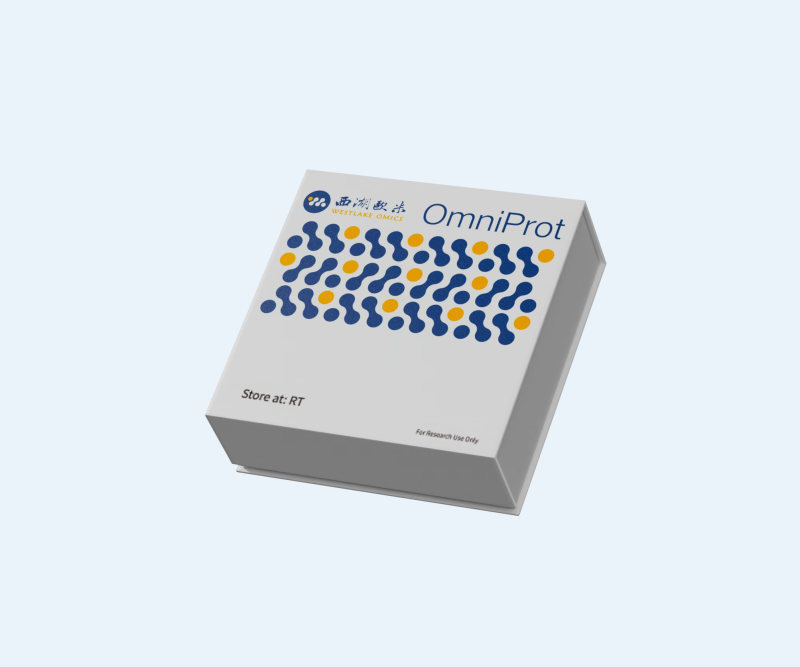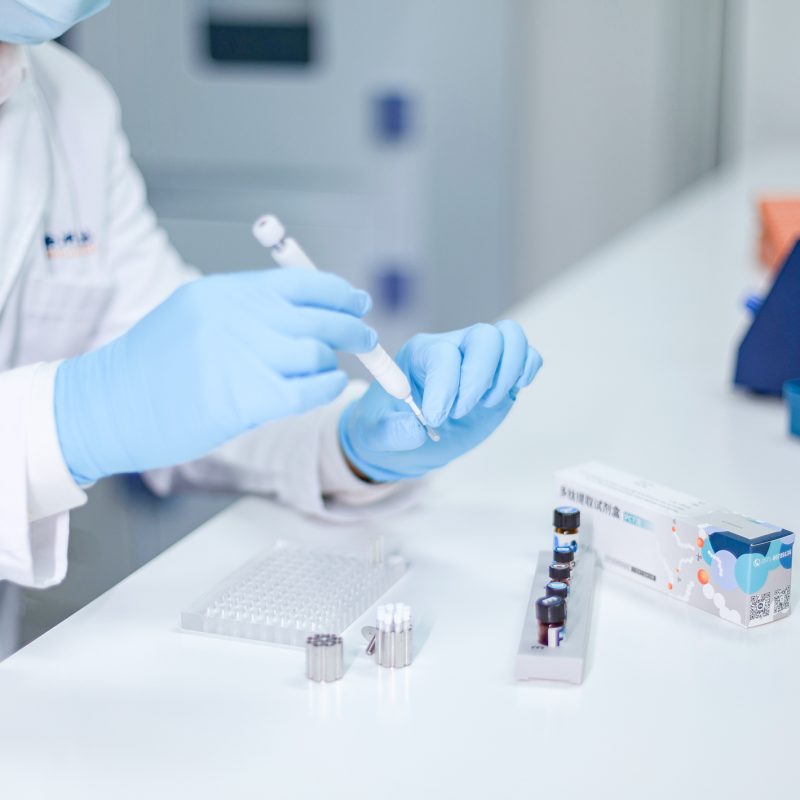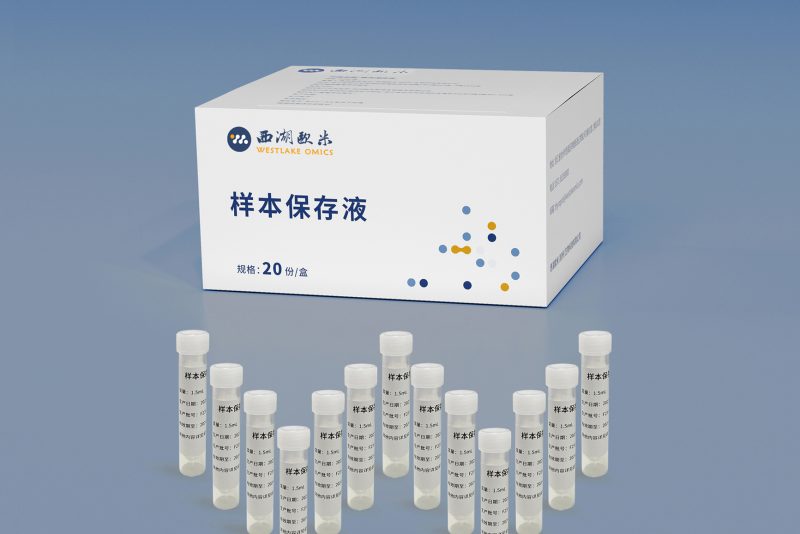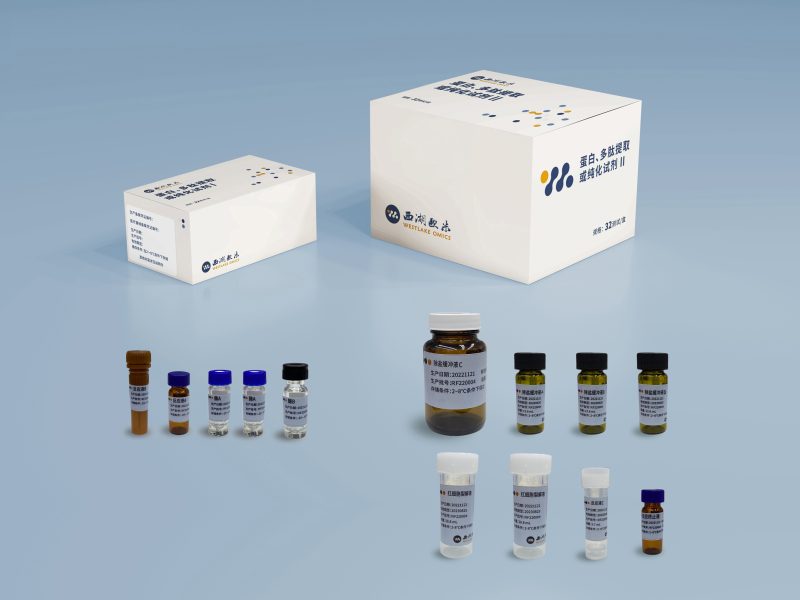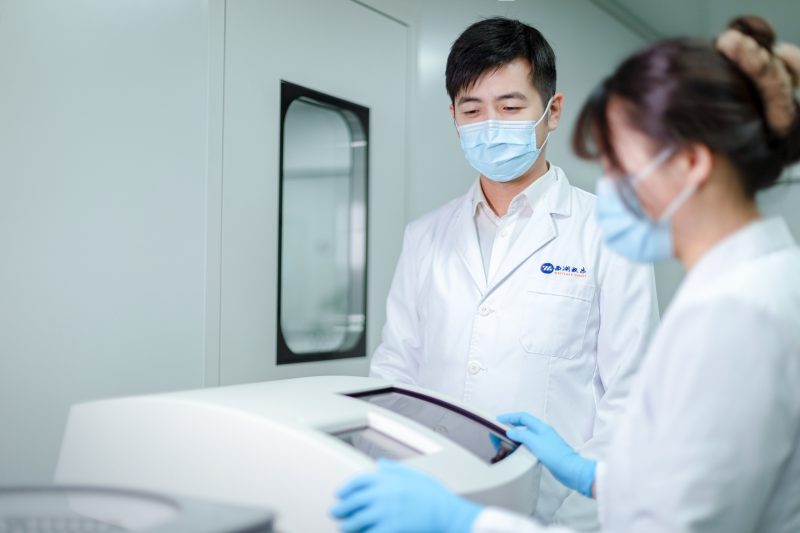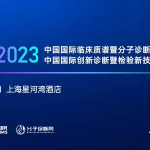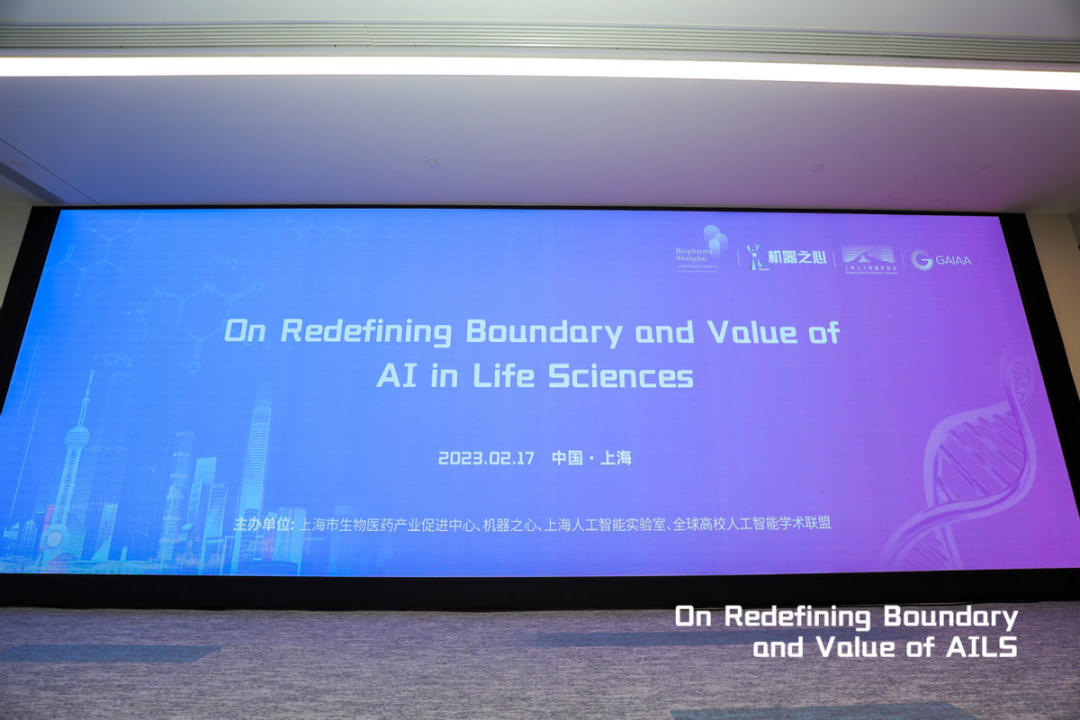
「On Redefining Boundary and Value of AI in Life Sciences」
The seminar “On Redefining Boundary and Value of AI in Life Sciences” was successfully held on February 17th. Co-sponsored by Shanghai Biomedical Industry Promotion Center, Synced, Shanghai Artificial Intelligence Laboratory and Global Artificial Intelligence Academic Alliance, it was dedicated to building an efficient communication and cooperation platform for the industry and gathering the wisdom of the leading figures.
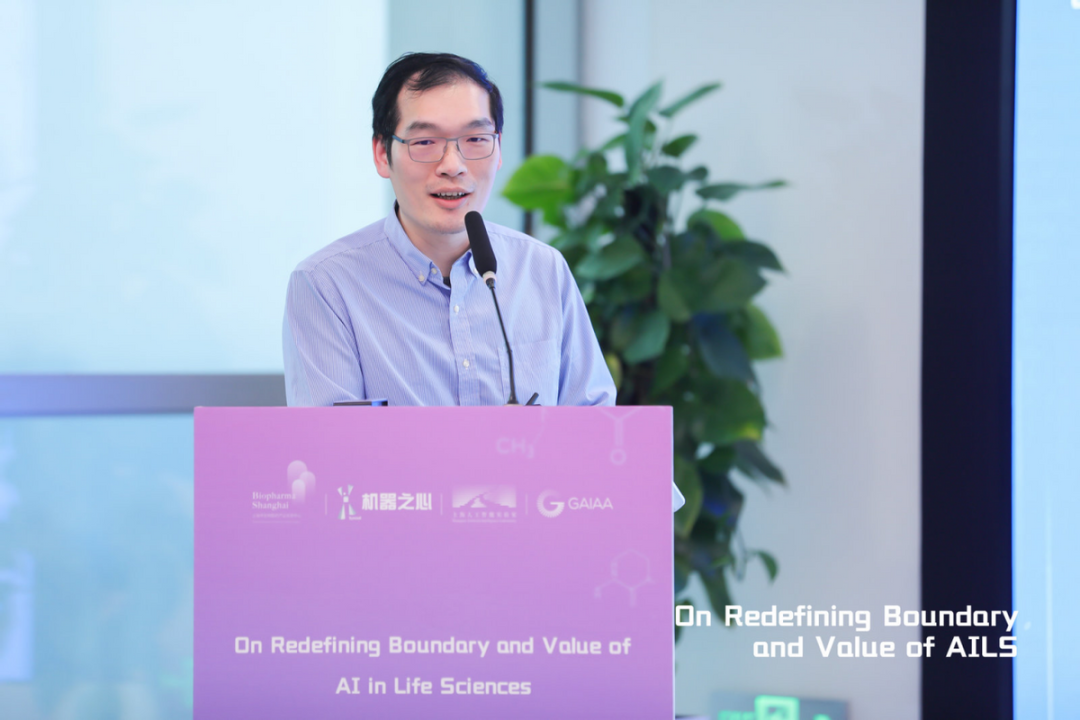
Guo Tiannan, Tenured Associate Professor at Westlake University, Director of iMarker Lab of Westlake Laboratory and Founder of Westlake Omics, introduced the clinical application of proteomics measurement technology and the new method of disease diagnosis based on protein profiling and AI. He also elaborated on the logic of proteomics and drug development in the era of big data and big models, emphasizing that We need to pay more attention to the targeted proteins of drugs and their related proteome. He appealed that more research efforts need to be devoted to investigating cellular and animal models and studying patient samples so that we can accumulate enough big data of proteins to build intelligent models through industrial means.

「On Redefining Boundary and Value of AI in Life Sciences」
The seminar “On Redefining Boundary and Value of AI in Life Sciences” was successfully held on February 17th. Co-sponsored by Shanghai Biomedical Industry Promotion Center, Synced, Shanghai Artificial Intelligence Laboratory and Global Artificial Intelligence Academic Alliance, it was dedicated to building an efficient communication and cooperation platform for the industry and gathering the wisdom of the leading figures.

Guo Tiannan, Tenured Associate Professor at Westlake University, Director of iMarker Lab of Westlake Laboratory and Founder of Westlake Omics, introduced the clinical application of proteomics measurement technology and the new method of disease diagnosis based on protein profiling and AI. He also elaborated on the logic of proteomics and drug development in the era of big data and big models, emphasizing that We need to pay more attention to the targeted proteins of drugs and their related proteome. He appealed that more research efforts need to be devoted to investigating cellular and animal models and studying patient samples so that we can accumulate enough big data of proteins to build intelligent models through industrial means.
